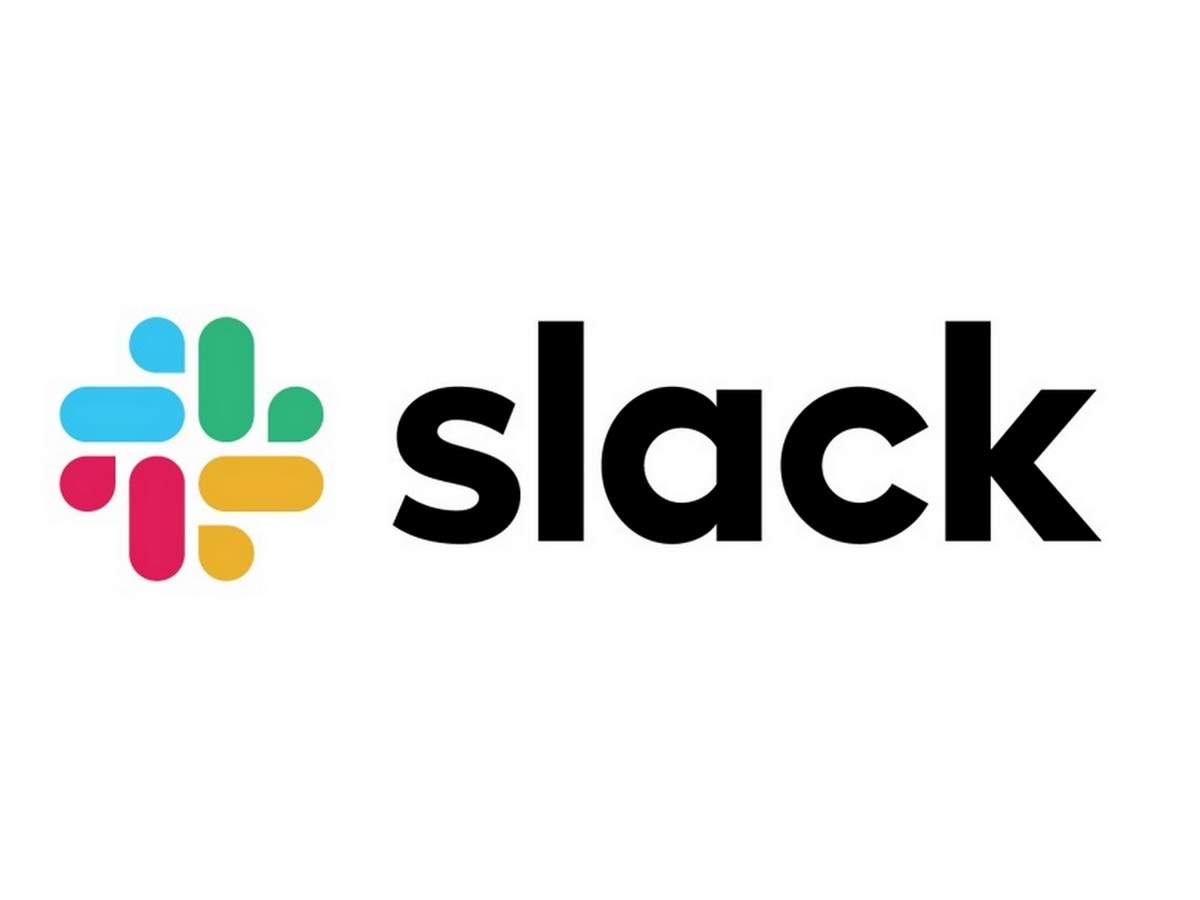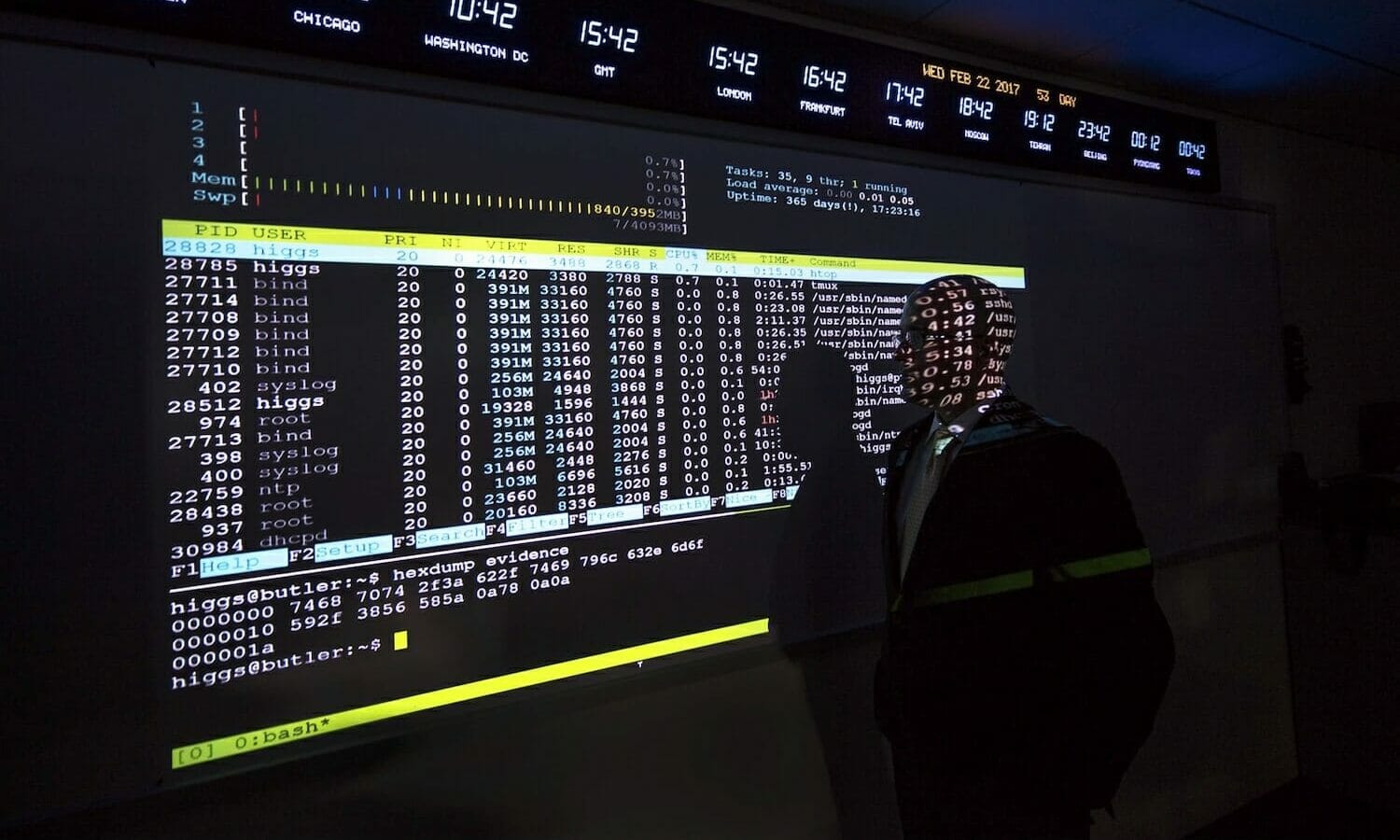Some of the fraud was initiated through dating apps but even more through social media, the FTC said, as people flocked to them during months of stay-at-home orders during the coronavirus pandemic.
The database is said to contain customers’ full names, birthdates, taxpayer identification number (TIN), birthplace, passport details, family status, car availability, education, phone number, etc.
Ransomware-as-a-Service (RaaS) has become a lucrative enterprise. As per research by Chainalysis, blockchain transactions prove that different ransomware operators are interconnected.
From the past few months, law enforcement agencies from around the globe have been making significant progress in controlling cybercrime, especially ransomware operations.
Slack found that one of its app versions on Android was storing passwords in plaintext, leaving affected users vulnerable. The company has fixed the bug and is now starting to intimate affected users to reset their passwords.
Check Point researchers discovered a group of Iranian hackers targeting more than 1,000 dissidents worldwide in two-of-a-kind surveillance operations in at least four attack campaigns.
On February 2, the organization said it was told that it had been affected by the data breach. The institute’s investigation revealed that around 4% of its data held by Accellion had been accessed.
Researchers from RiskSense have identified as many as 223 distinct IT security vulnerabilities in the CVE database that were tied to attacks involving ransomware in 2020.
These vulnerabilities can be exploited by an attacker for arbitrary code execution, data extraction, and DoS attacks if they can trick the targeted user into opening a malicious file.
With people increasingly relying on mHealth apps during the COVID-19 pandemic, researchers observed that such apps are now generating more user activities compared to other mobile apps.








